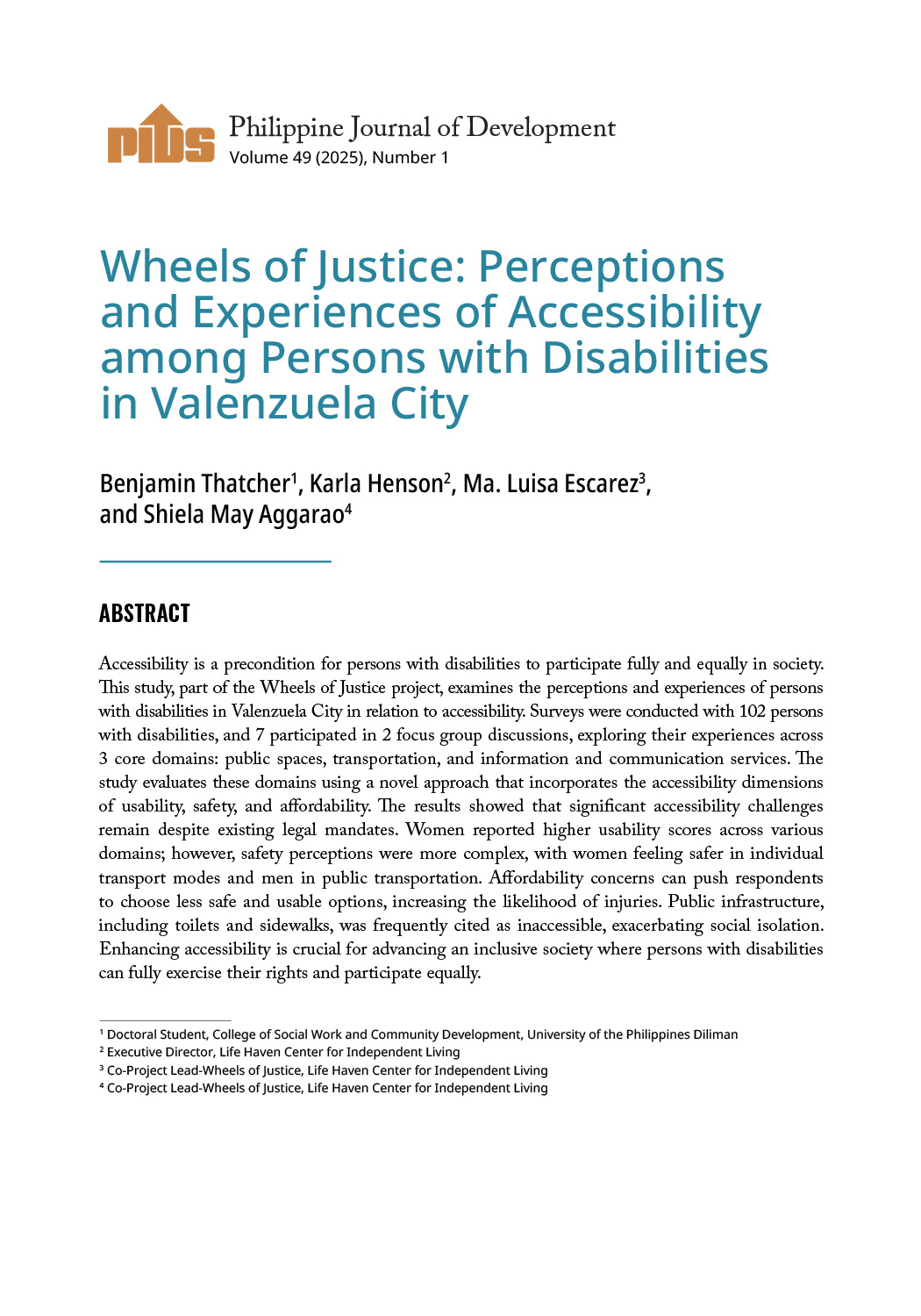The Philippines should take advantage of its role as host of the Asia-Pacific Economic Cooperation (APEC) Summit this year by promoting its services sector and that of the region in the development of global value chains (GVCs), which now dominate global trade, a study by state think tank Philippine Institute for Development Studies (PIDS) said. Global value chains are the series of activities around the world involved in the conception, production, distribution, usage and other activities that add value to a product. In a policy note titled "Why global value chains and services matter: Implications for APEC 2015,” PIDS senior research fellow Ramonette Serafica describes how GVCs emerged as a trend in the region, with the paper evaluating the level of involvement of each individual economy through a participation index. "Given the Philippines` comparative advantage in `other business services` and in `computer and information services,` advancing regional cooperation in services value chains can further strengthen our export position in these activities,” the PIDS study said. "The opportunities to increase and optimize GVC participation are plenty for APEC,” it added. The trend for APEC nations is to target GVCs and segments that are compatible with the advantages and development objectives of their individual economies. The PIDS report said that depending on the GVC requirements, APEC member countries can design business facilitation measures and investment policies to encourage growth. "With the right measures, individual economies can help capitalize on these advantages and create new specializations,” it said. The paper calls for further analytical work on services GVCs. "There aren`t sufficient studies on the important role of services in GVCs and the potential for the region and the individual economies to benefit from the growth of services value chains, especially where small and medium enterprises, which are most engaged in GVCs, can better access them,” it said. The policy note recommends that studies be conducted on the following: input-output structure or the activities and segments in the service GVCs and the corresponding structure of companies that participate in each activity or segment. It said geographic scope must be considered to understand the country-level positions within the chain; governance structure to understand the power dynamics that affect allocation and flow of resources within a chain; and the institutional framework to understand the global conditions and policies that affect each stage of a GVC. The PIDS report explains that input from the recommended studies, research and analysis would help individual countries and the region to improve trade and investment policies, promote global services value chains growth, and ensure that individual economies capture the full benefits. Risks to consider "GVC benefits are limited by the share of value added in the chain that a country is able to capture,” it stated. Moreover, there are environmental and socio-cultural effects. And countries that become increasingly embedded in GVCs grow increasingly vulnerable to external shocks. The study said that expanding a country‘s share of value added in the services GVC depends largely on the quality of infrastructure and efficient services markets. APEC nations are collaborating to improve the transport sector, business services, telecommunications, and distribution channels, it noted. Overall, the challenge is in creating the environment for GVCs to thrive in the Asia-Pacific region, it said.//
PH must promote services sector in global value chains – PIDS












